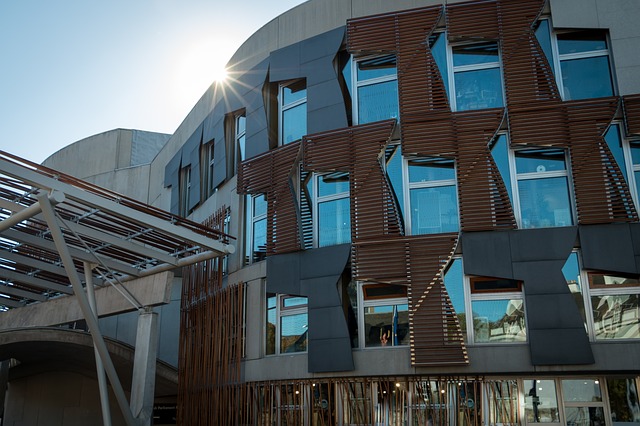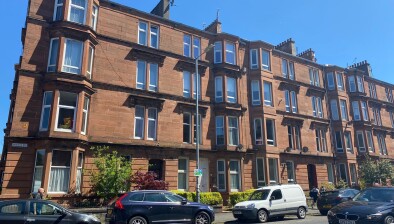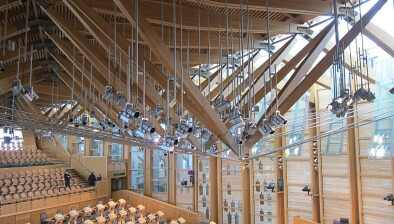Adjudication method mooted to transition from current rent cap

The Scottish Government has unveiled an arbitration scheme that aims to avoid excessive private rent increases when the current cap regulations come to an end in March.
The Cost of Living (Tenant Protection) (Scotland) Act implemented a rent cap originally set at 0 per cent before going up to 3 per cent. Due to expire on 31 March 2023, Scottish ministers then voted to extend the powers available to them until 30 September 2023, and again until 31 March 2024.
Landlord membership body Propertymark said that Patrick Harvie, the minister for zero carbon buildings, active travel and tenants’ rights, has been in touch about what happens when the government transitions from the temporary legislation.
Under the adjudication method, any changes in rent must be based on one of the following three comparators:
- Open market rent.
- A landlord’s proposed rental increase.
- A new taper calculation that will specify a maximum ‘reasonable’ increase for that tenancy.
Tapering would only apply if a landlord’s intended rent increase was deemed unreasonable, and it would be determined by a percentage that would apply to such cases.
Calculations for each individual situation would be determined by the gap between the current rate of rent and the open market value of similar tenancies in matching properties. The tapering process ensures that there is an upper limit based on the highest percentage for adjudicated rents.
Propertymark has urged its members to voice any frustration felt as a result of these measures as it continues to campaign against rent controls and influence Scottish Government proposals.









